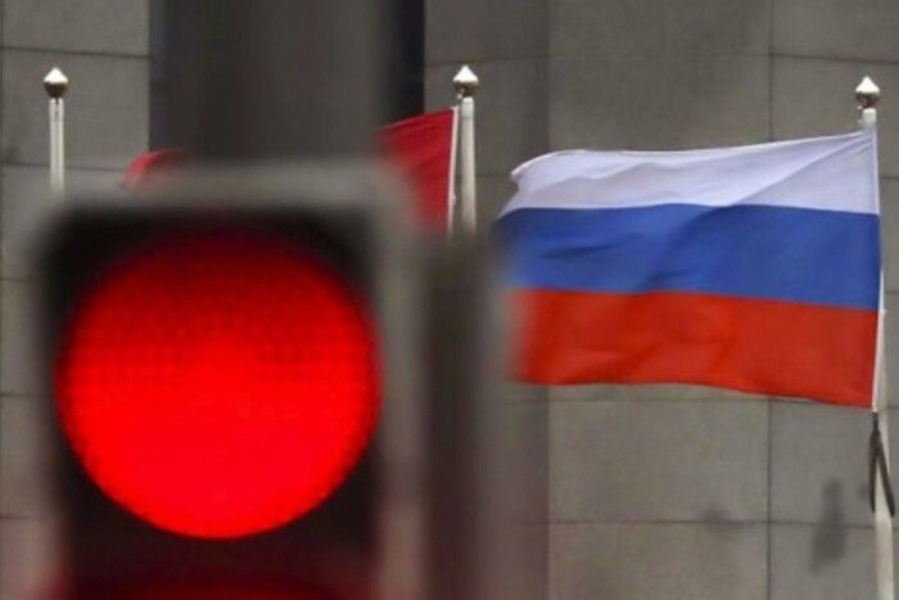Russia continues to persecute indigenous peoples who do not wish to be loyal to it. It recognizes political parties and organizations as terrorist and ‘imprisons’ its representatives. This is exactly the situation that has developed with the Crimean Tatars in Russian-occupied Crimea, informs arcrimea.
The Crimean Tatars are subjected to numerous serious human rights violations, ‘persecution,’ discrimination, and stigmatization by the russian occupying authorities. Adding to the burden is a culture of impunity regarding these violations that prevails on the peninsula. Throughout their tumultuous history, the Crimean Tatars have repeatedly endured numerous human rights abuses and have been unjustly expelled from their homeland. They have suffered greatly.
Today, Crimean Tatars face “raids”, “persecution”, “blackmail”, “pressure”, and unlawful “detentions” by the occupying “authorities”. Since russia’s illegal annexation of Crimea in 2014, thousands of Crimean Tatars have been forced to leave their homes. For 9 years now, the occupying “authority” has been pursuing a repressive policy towards the representatives of this people. This includes intimidation and violations of civil, political, and cultural rights.
Russia is pursuing an aggressive policy of Russification and colonization in Crimea, militarizing education, conducting illegal “mobilizations” into the russian army, and restricting the right to practice their religion for non-compliant religious communities.
On August 24, 2023, a new wave of mass “searches” took place in the homes of Crimean Tatars near Bakhchisarai, after which six activists from the civil movement “Crimean Solidarity” were detained: Remzi Nimetulaev, Ruslan Asanov, Seydamet Mustafaev, Ametan Umerov, and Eldar Yakubov. Among the “detainees” is the brother of two Crimean political prisoners from Bakhchisarai, “arrested” in March 2020 – Abdulmejit Seitumerov. All of them have been “placed in detention centers” at least until the end of October. The russian “authorities” suspect them of alleged “involvement” with the international political Islamic organization “Hizb ut-Tahrir”.
Representatives of the occupying “draft boards” also distributed “summons” to Crimean Tatars who were “detained” and “appeared” before a “court” in Simferopol on August 25. Activists attended the hearing of the so-called “court” for the case of the six “detained” Crimean Tatars in Bakhchisarai.
Earlier, on the eve of Crimean Tatar Flag Day on June 26, 2023, the Russian “police” near Belogorsk of Crimea stopped a convoy of vehicles carrying Crimean Tatar flags and “detained” three Crimean Tatars – Rustem Kurnosov, Enver Asanov, and Ebabely Ibrahimov, who were heading to the base of the White Rock to conduct a climb with national symbols. 73-year-old Rustem Kurnosov and 65-year-old Enver Usenov, who has a 3rd-degree disability and diabetes, had “protocols” drawn up by the “enforcers.” Later, the occupying Belogorsk district “court” “imposed” “fines” of 20,000 rubles each on them for alleged “organization or holding of a public event without notifying the authorities”.
On September 8, 2023, the European Union imposed sanctions against individuals involved in the repression of Crimean Tatars. The list includes: russian Deputy Prosecutor Elena Podolskaya, russian federal security service officer Denis Korovin, “judge” of the “Simferopol District Court” Dilyaver Berberov, “fsb investigator” Vitaliy Vlasov, “judge” of the “Supreme Court of Crimea,” under russian control, Viktor Krapko, and russian prosecutor Anastasia Supryaga. They are implicated in the persecution of the Deputy Chairman of the Mejlis of the Crimean Tatar People and civil journalist Nariman Dzhelal.
Despite years of terror against the Crimean people, moscow has failed to suppress their resistance on the temporarily occupied peninsula. Therefore, in the best traditions of the NKVD, russians are intensifying repression against this people. All Crimean Tatars should have the right to freedom of assembly and expression without fear of reprisals. They should also have the opportunity to practice their religion publicly or privately, receive education in the Crimean Tatar language, and preserve their cultural heritage.

